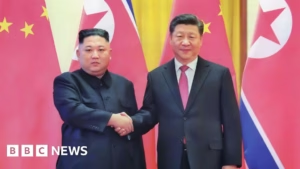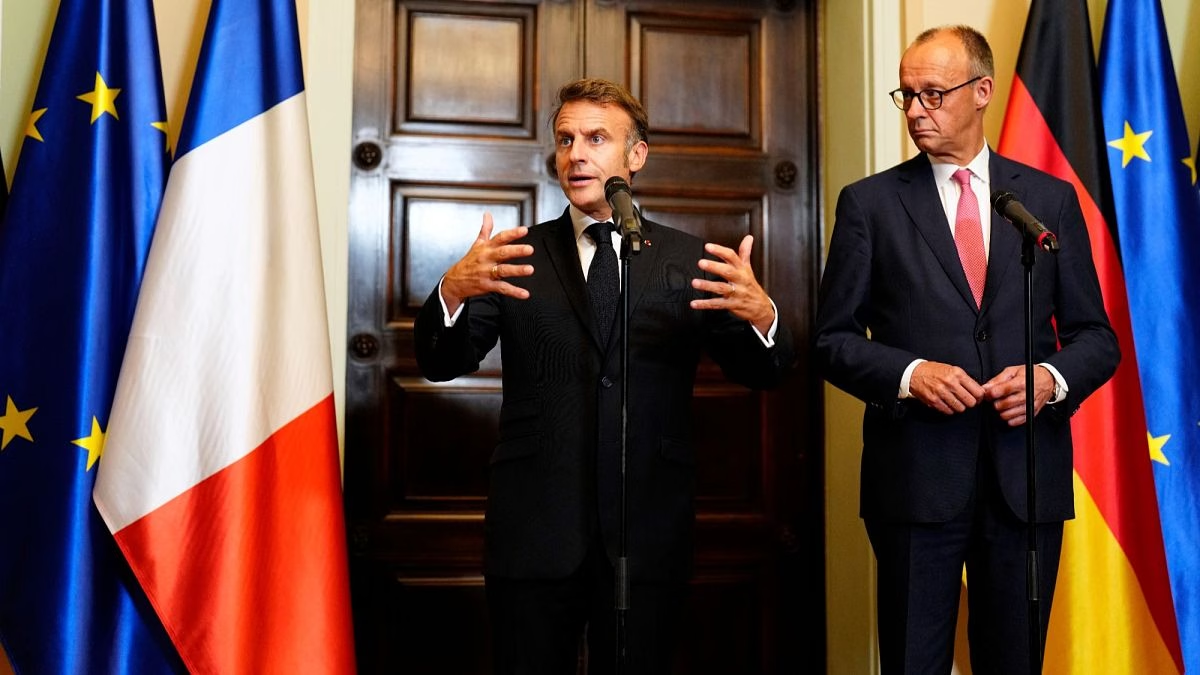
ADVERTISEMENT
Is it wise for EU countries to support European “best athletes” in weapon production, potentially to the detriment of other domestic firms? France and Germany are pondering this controversial idea, with leaders Emmanuel Macron and Friedrich Merz set to discuss it on Friday.
The two leaders along with their foreign and defense ministers will discuss joint defense projects, France’s nuclear deterrent, and enhancing Europe’s defense industrial and technological capabilities at a meeting on security and defense. One key focus will be whether a “best athlete” approach could be beneficial for the EU.
The “best athlete” strategy aims to reduce the diverse number of weapon systems in Europe, according to sources from the French president’s office.
Rafale, F-35, and Gripen
Countries in Europe have many different types of military equipment due to a history of favoring national defense industries. This problem was highlighted in Ukraine’s struggle with integrating various systems received from European nations in its fight against Russia.
Europe is considering pooling procurement efforts to lower costs, increase compatibility, and stimulate European manufacturing. Macron’s push for a European preference in defense procurement has already been a contentious issue among EU leaders.
‘A sensible decision’?
Researcher Ester Sabatino believes that focusing on “best athletes” could be a good decision because these companies likely have faster and more reliable production processes. However, it could limit industrial alternatives and slow innovation.
‘Extremely complex work’
The “best athlete” system proposal is yet to be fully understood and might involve initiatives similar to Eurofighter or MBDA. Macron and Merz will discuss joint defense projects, including the Future Combat Air System (FCAS) and the Main Ground Combat System (MGCS). However, there is a conflict regarding the FCAS project due to France’s demand for a larger share of the work.
Successfully pushing for a “best athlete” model will require France and Germany to have a unified position at both political and industrial levels, which they currently lack. Developing this policy will require significant effort, according to Macron’s office.



